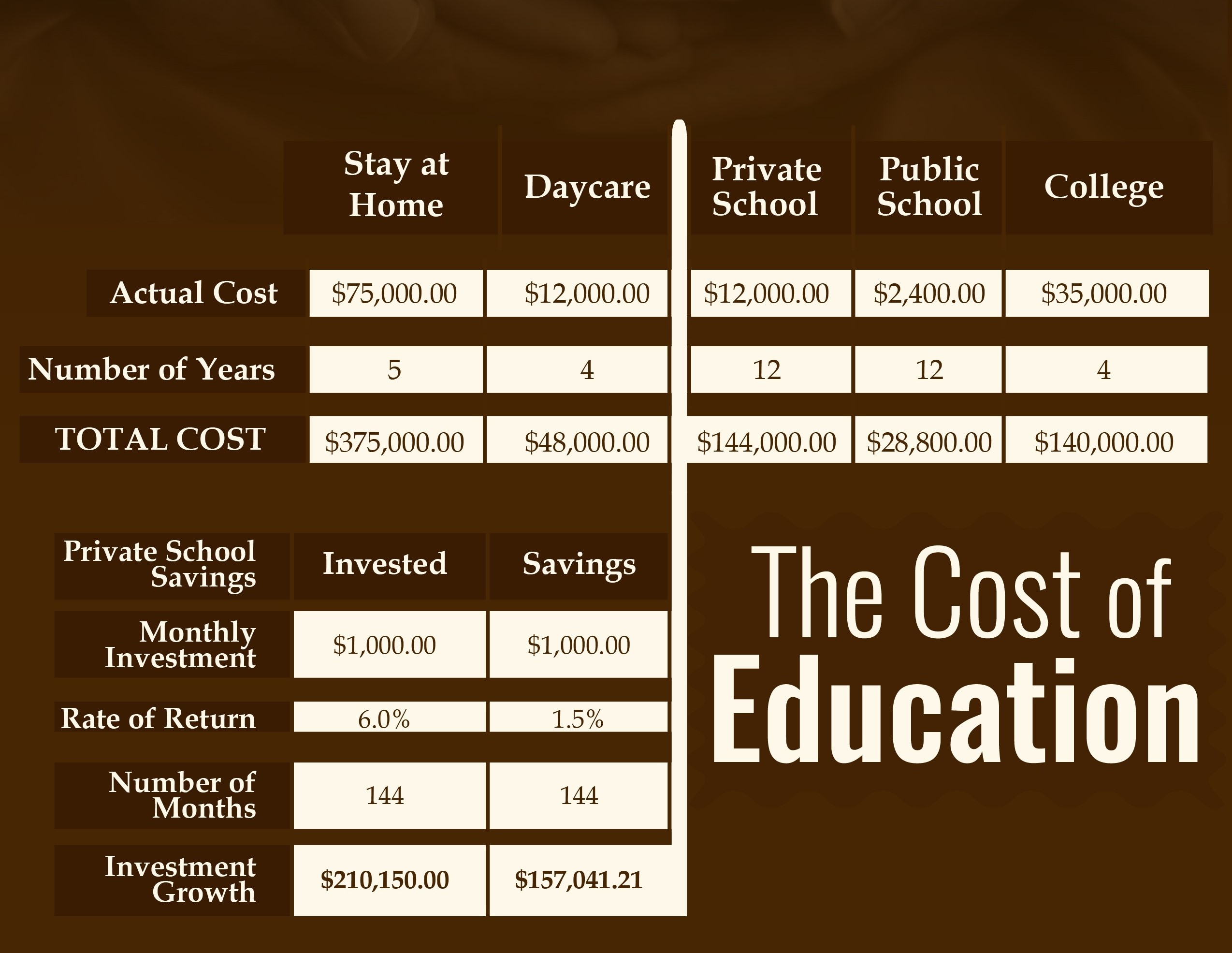According to Alexandra Penney, author of
The Bag Lady Papers: The Priceless Experience of Losing It All, many successful women worry about going broke and becoming homeless.
In reports about women and finance and women and retirement, you hear those same fears over and over again.
– Am I going to have enough money to live the lifestyle I desire?
– Will I be able to retire when I want?
– How long will my money last?
– How do I factor rising healthcare costs into my budget?
Amid all these fears, women will inherit approximately $28.7 trillion in assets as a result of generational wealth transfers.[1] Others will accumulate wealth through their own professional accomplishments.[2] Women also make approximately 80% of family household buying decisions, including those related to banking and financial services.[3]








